The Pros and Cons of Feeding Your Newborn With a Glass or Plastic Baby Bottle
Glass bottles may be more environmentally-friendly than plastic ones, but could be dangerous if dropped.
Updated Sept. 9 2024, 4:12 p.m. ET
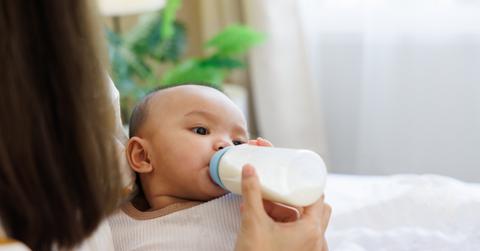
Sorting through the marketing claims of baby products is a task unto itself. Ensuring the products you use are free of forever chemicals is imperative for the environment and your health. So when choosing the right BPA-free baby bottle, families have many choices to make.
One of those choices is whether to buy glass baby bottles or plastic baby bottles. Through the pros and cons below, you and your family can make the most environmentally friendly, safest, and most informed decisions to keep your baby happy and healthy.
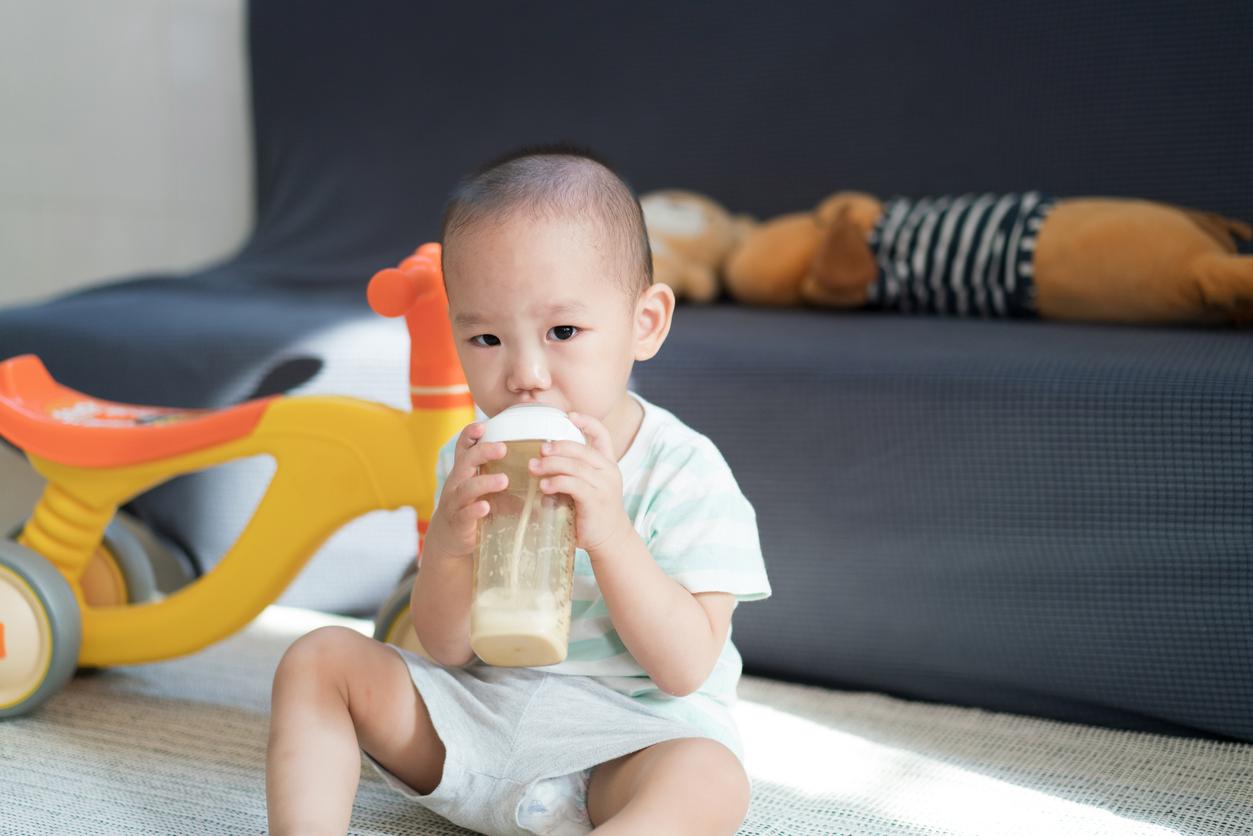
Here are a few of the pros of glass baby bottles:
As Mabel's Labels explains, the greatest advantage of using glass baby bottles over plastic is that glass bottles do not contain harmful chemicals that may be present in their plastic counterparts. Research finds that these dangerous substances may have long-term ramifications for our health.
Additionally, per Mabel's Labels, glass baby bottles are usually made from a type of material called "tempered glass" that is stronger than normal glass, and in the unfortunate event it shatters, it is more likely to break into chunks than into more dangerous shards of glass. Protective silicone holders further lessen these concerns.
Caregivers concerned about using a bottle that is less likely to become discolored or retain odors will be happy to know that glass bottles are better than plastic.
Per the Denmark-based brand BIBS, glass bottles hold up more stably to high temperatures, making them easier to sanitize. Over time, this means that your glass baby bottle is less likely to warp, affect the taste or odor of milk, and is the cleaner option.
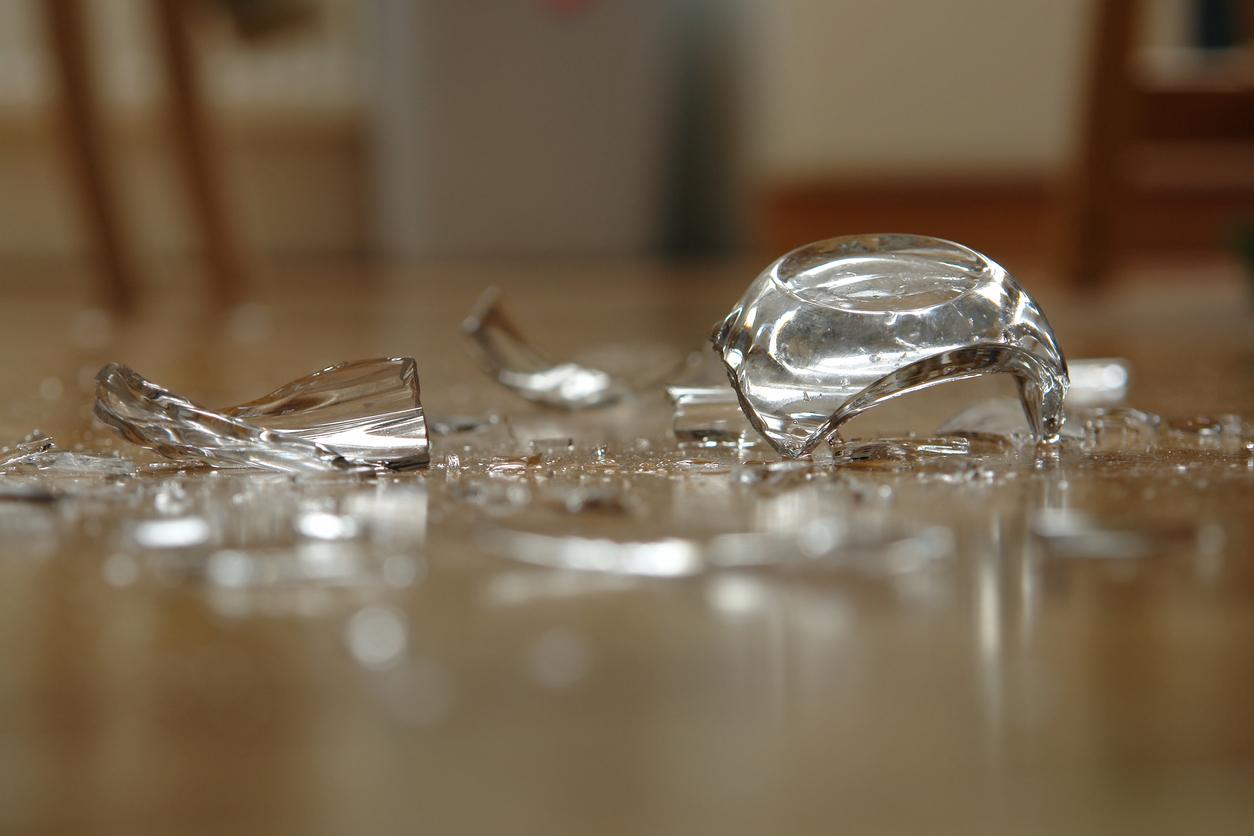
Here are some of the cons of glass baby bottles:
The obvious drawback to using a glass baby bottle is its potential to break. The hindrance to using a baby bottle made from glass is that it is more inflexible and heavier than a plastic bottle, as BIBS notes, which makes it more difficult for a baby to grasp.
As one Redditor found out, some caregiving facilities disallow glass bottles, citing safety issues. If your child will be in daycare, this is an important consideration.
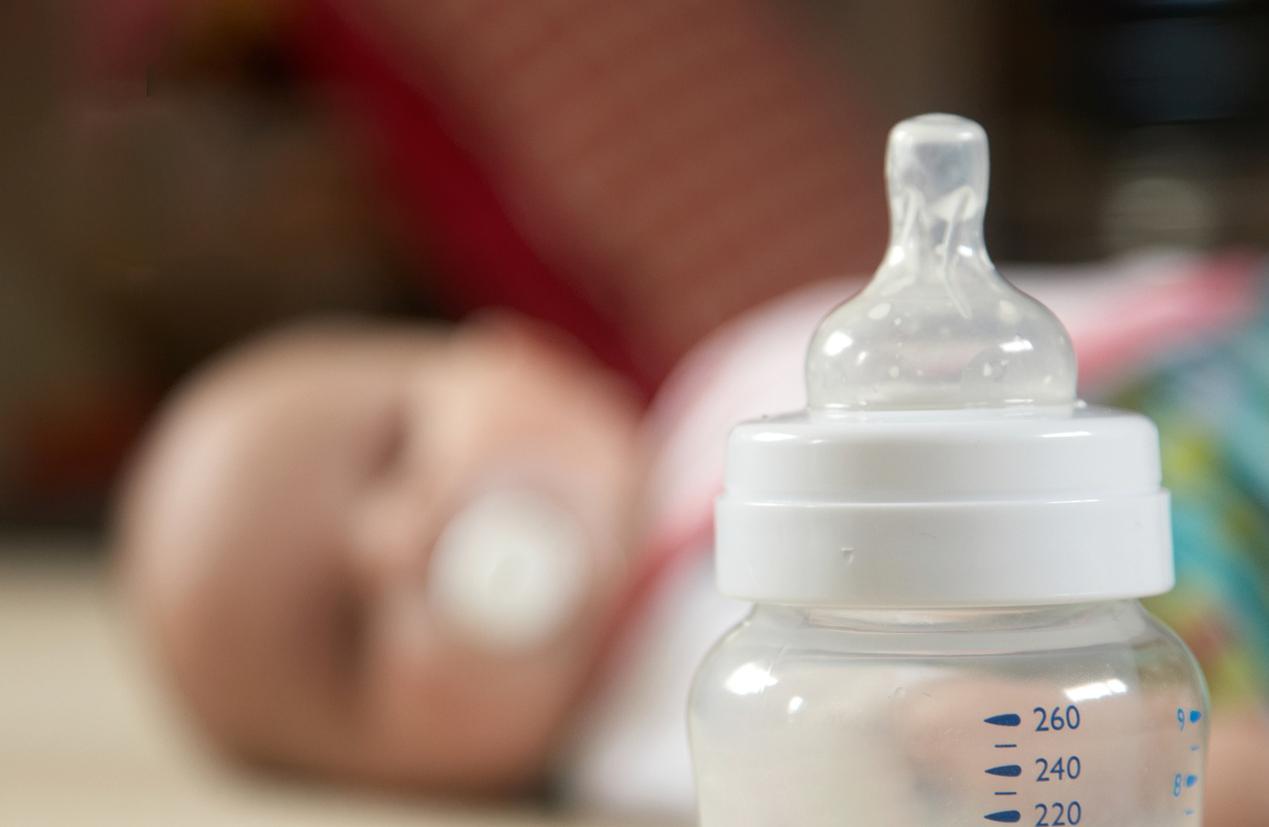
There are a few pros to plastic baby bottles.
For parents on a budget, the affordability and accessibility of plastic baby bottles is a plus, per BabyCenter. Plastic baby bottles can be specially designed to limit gas, and some are designed with breastfed babies in mind.
Since 2012, the FDA has banned BPA in baby bottles.
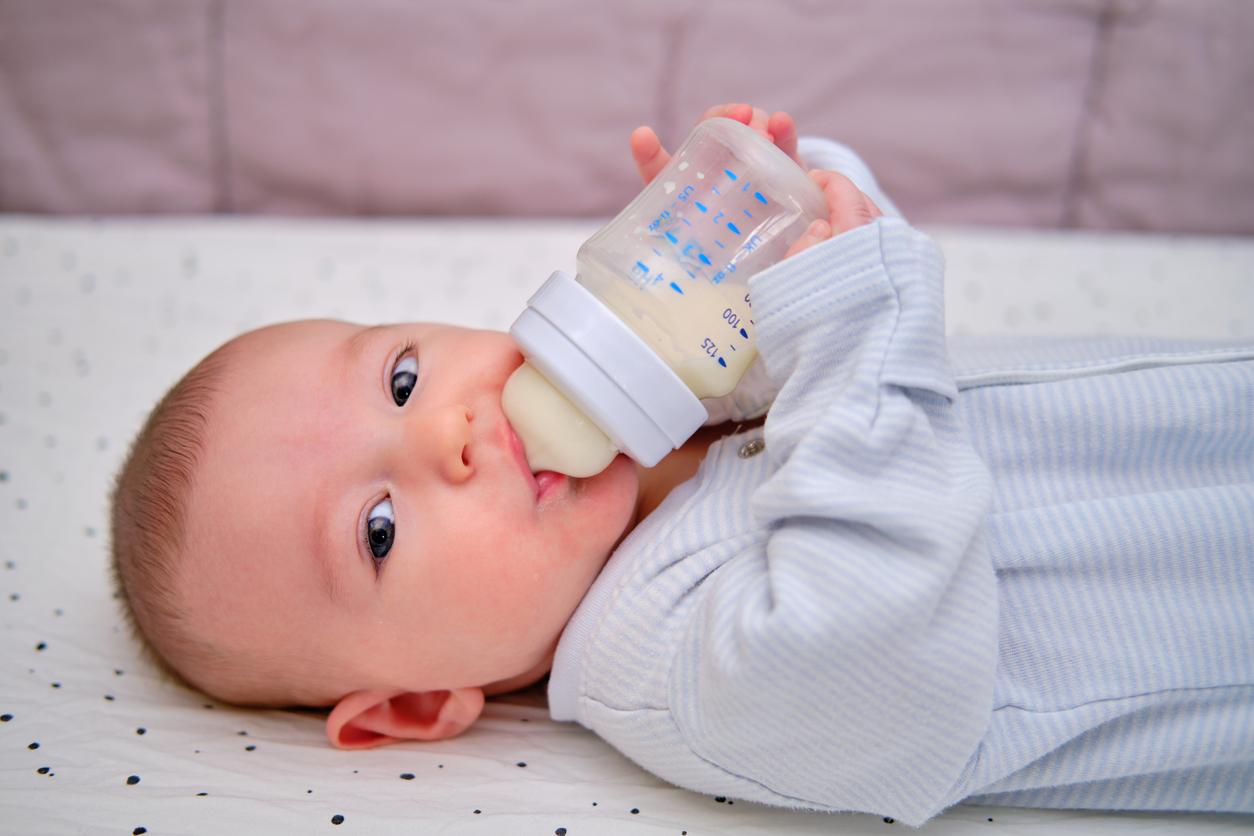
Unfortunately, there are more cons to plastic baby bottles than you may expect.
Although BPA has been banned, bisphenol S (BPS) is similarly harmful and still widely used, as are phthalates, which threaten your baby's long-term health, per BabyCenter.
Plastic bottles also cannot safely withstand high temperatures, lest harmful chemicals leech into the bottle. Thus, sanitization is more difficult, and discoloration and odors eventually follow.
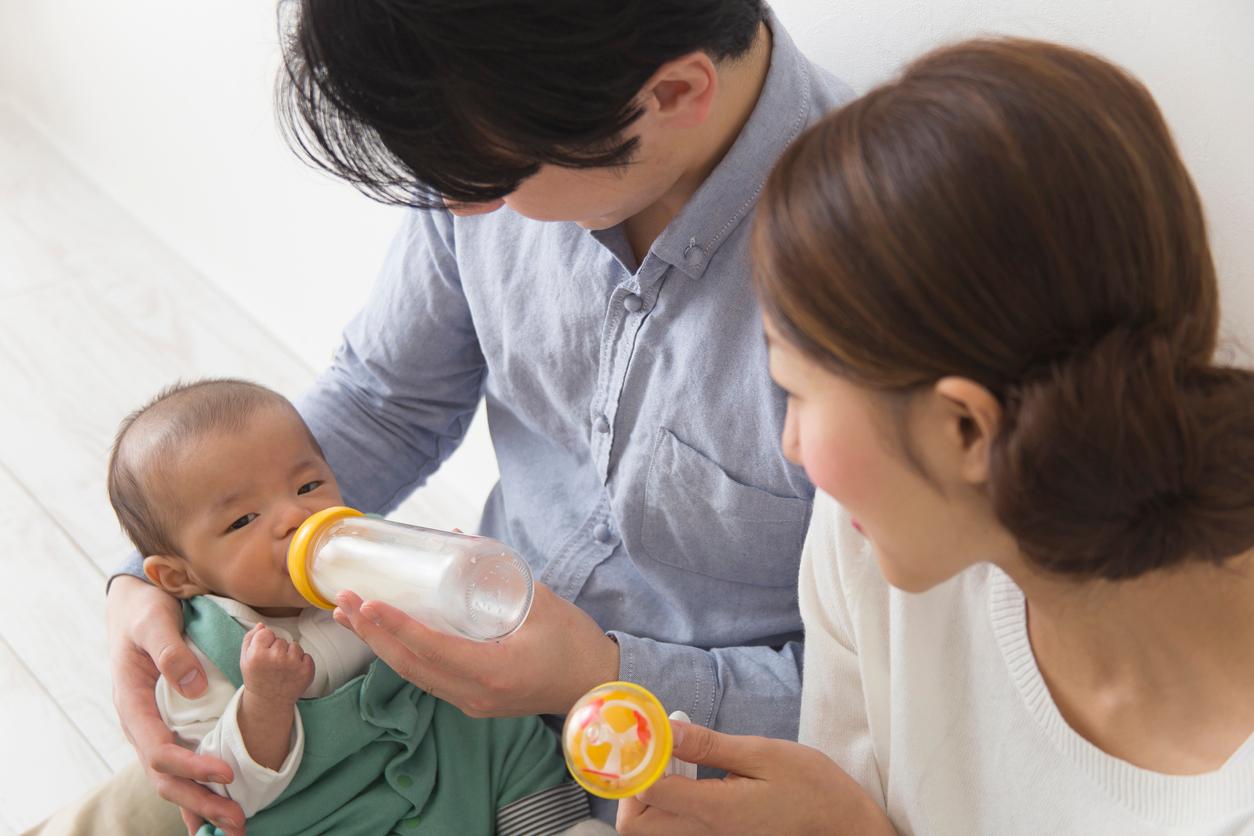
Overall, glass baby bottles are best.
As the baby product business Mamiina attests, glass bottles are safer than plastic bottles, as they limit the potential for harmful chemicals to reach your baby. Also, glass bottles are more eco-friendly. As your baby develops the ability to grasp and grip, helping them hold the bottle is a must. Finally, textured grips and holders further protect the strength of the glass, mitigating the dangers of a dropped glass bottle.